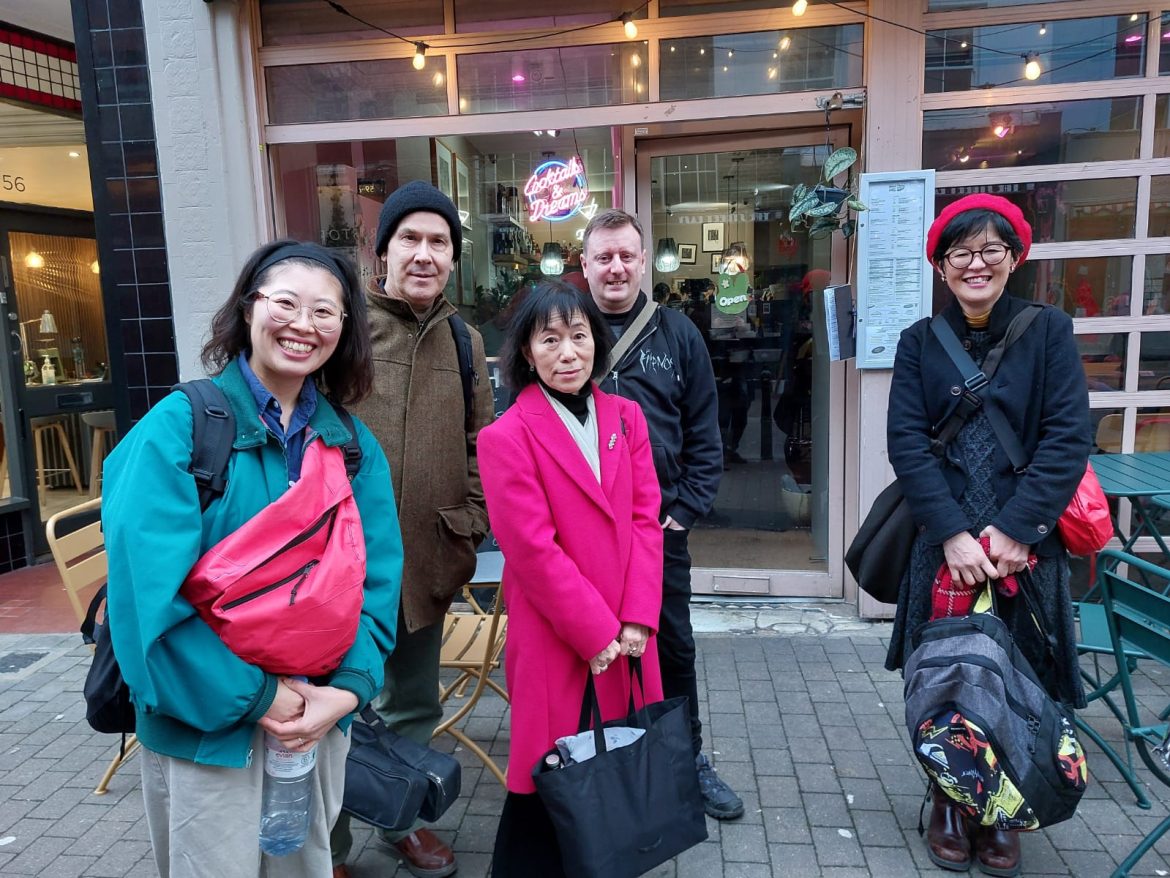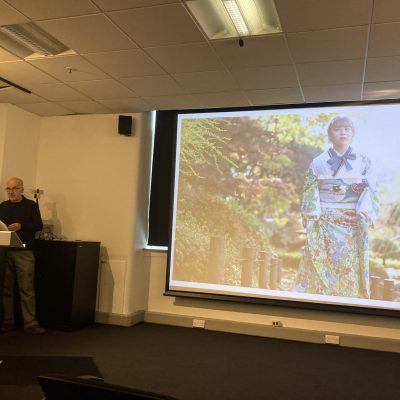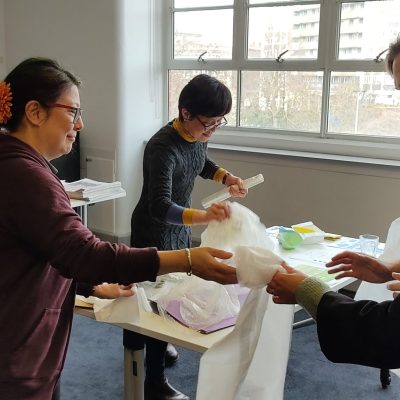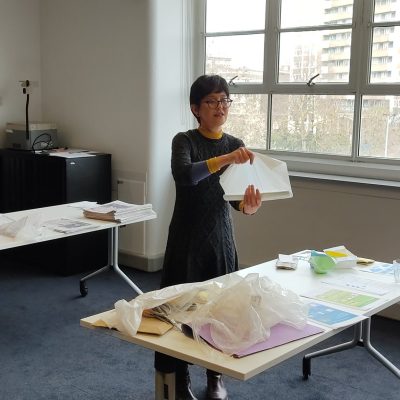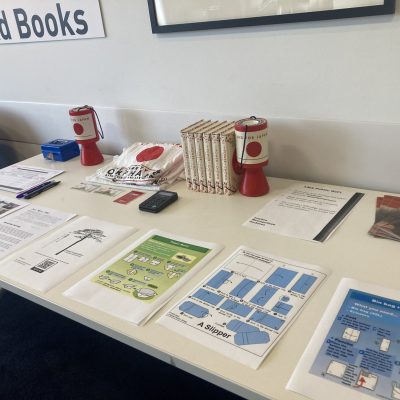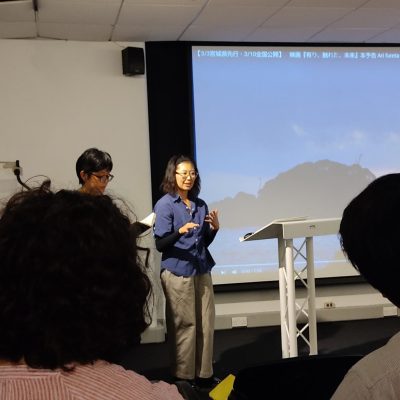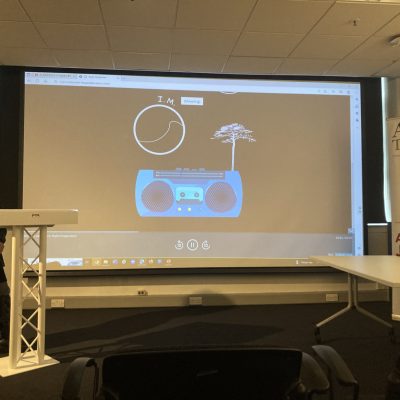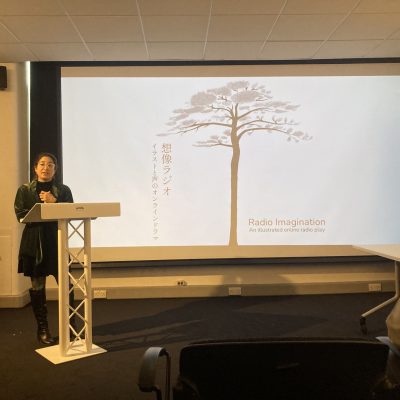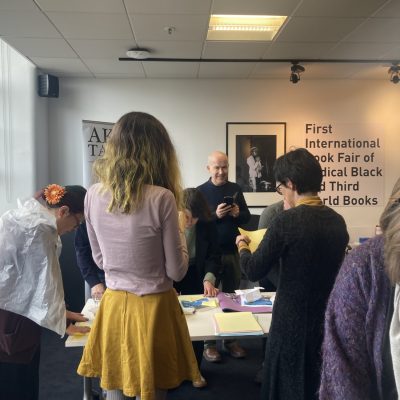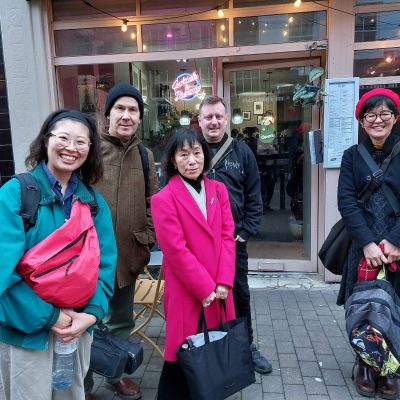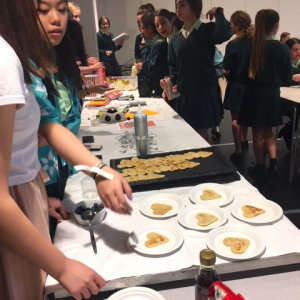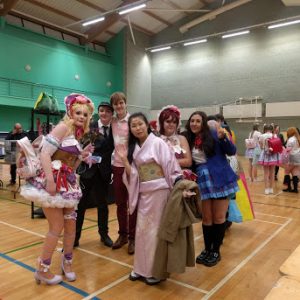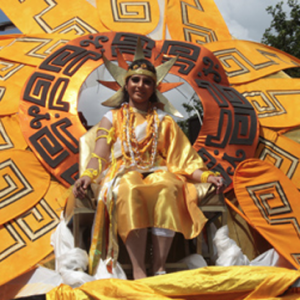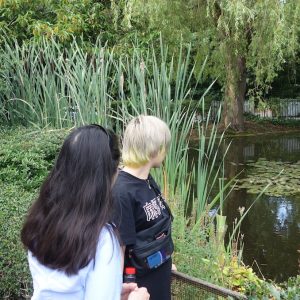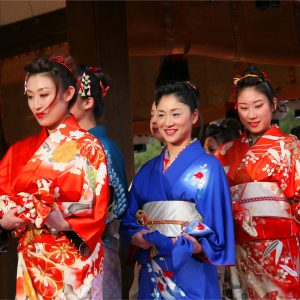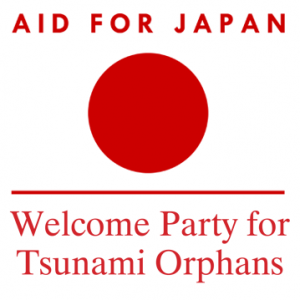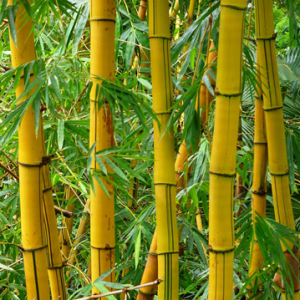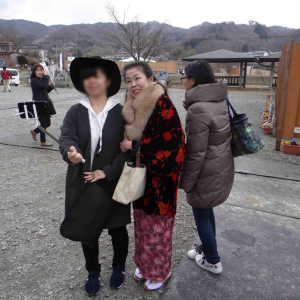It was warming to see familiar faces there, like Andrew Gaskell the organiser of Doki Doki Japanese Festival Manchester who has fundraised for our charity over the years, and New Earth Theatre who produced the exhibition Tsunagu/Connect about the untold stories of Japanese women who emigrated to the UK, and many other supporters.
We held a saké tasting workshop run by Mikie Flannery, who taught us about the traditional methods of saké brewing. Everyone got to taste three grades of different of saké!
Our trustee Yuka Harada-Parr had brought with her homemade Japanese snacks, such as karagé (friend chicken) and onigiri (rice balls). Yuka also ran a workshop on how to make emergency supplies following a natural disaster with materials you can find lying around, such as slippers made from old newspapers, and rain-ponchos made from bin bags.
A slideshow on Maria-chan’s summer trip to England was presented by Richard Pennington, who was her host-family. Maria-chan is one of the charity’s long-standing beneficiaries, after she tragically lost her family to the tsunami when she was eleven years old.
We were pleased to be able to share aspects of Japanese culture and introduce projects which are ongoing since the 2011 natural disaster.
Radio Imagination was one such project. This immersive online radio play inspired by Seiko Ito’s novel (by the same title) about the wake of the earthquake and tsunami was launched on the day, 11th March (or 3/11 as people call it in Japan) to commemorate the Tohoku disaster. The artistic director Kelsey Yuhara spoke to us about the creative process and working with a team based in UK, Japan and Singapore during the pandemic. Tickets to experience this online play can be found here.
On the same day in Japan an independent film called 『有り、触れた、未来』(Arifureta Mirai) or Eternal New Mornings (English title) premiered.
This film is about facing life after a natural disaster hits a community set in Miyagi Prefecture, which was devastated by the 2011 earthquake and tsunami. Our charity added English subtitles to their YouTube trailer and to introduce it at our event the director of the film, Toru Yamamoto, sent us this message:
Eternal New Mornings
Since the onset of COVID-19, Japan has seen a rise in suicides among young people, and children refusing to go to school has become a serious problem. This movie is meant for everyone out there who finds it hard to live in an increasingly stifling society, and for the children who will live in our future. It was made with donations from both Japan and the rest of the world, in the hopes that it could give these people “the strength to live”. All filming was done in Miyagi Prefecture, which was badly damaged in the 2011 Japan Earthquake. This is not a film about the Earthquake or the reconstruction, though.
The people there suffered deep wounds in their hearts, but came together to support each other for the sake of the children. By depicting their lives, I want to bring “the strength to live” to viewers through the screen. That’s why I chose to set it in an area affected by the Earthquake. The countless koinobori streamers that you send in the ending are a Japanese tradition symbolizing the hope that our children grow up to be healthy and strong.
Many of the people in Japan who commit suicide are actors and performers. But in an era filled with war, poverty, infectious disease, and other dark things, artistic creatives need to keep our spirits up, work together, and bring people a brighter future. I believe in the power of culture and the power of film. And I hope that many people can experience the energy of this film in the theater and come to believe in a brighter future.
Director/Scriptwriter Toru Yamamoto
『有り、触れた、未来』
世界を襲ったCOVID─19蔓延以降、日本では、若者の自殺率が上昇し、子供たちの不登校が深刻な社会問題になりました。本作品は、閉塞感が増す社会の中で、生きづらさを感じている人々、そして未来を生きる子供たちへ「生きる力」を届けるために、国内外からの寄付金を集め製作しました。撮影は全編、2011年東日本大震災の被災地、宮城県で行いました。震災や復興をテーマとした作品では、ありません。かつて、深い傷を負った人々が、子供たちのために、支え合い、力を合わせて懸命に生きてきた。そういう人々の生き様を描くことで、「生きる力」をスクリーンから届ける。そのために、かつての被災地を舞台にしました。エンディングを飾る、空を舞う無数の鯉のぼりは、「子供たちが健やかに育つことを願う」日本の伝統行事です。
日本人自殺者の中には、俳優や演奏者たちが多くいました。戦争や貧困、感染症、決して明るいとは言いづらい時代だからこそ、文化、芸術に携わる表現者たちは、下を向かず、互いに手を合わせ、明るい未来を届ける必要がある。私は、文化の力、映画の力を信じています。より多くの観客が、劇場で本作品のエネルギーを浴び、明るい未来を信じることが
出来るよう、心より願っています。
監督/脚本 山本 透
In this way and through work like this, we will continue to recover from and remember the Great East Japan Earthquake and Tsunami for years to come.
Thanks to: Trustees, Jack Deeprose at LMA, New Earth Theatre, Doki Doki, Saito-sensei, Rio Harada-Parr, Kelsey Yuhara, Mikie Flannery.

